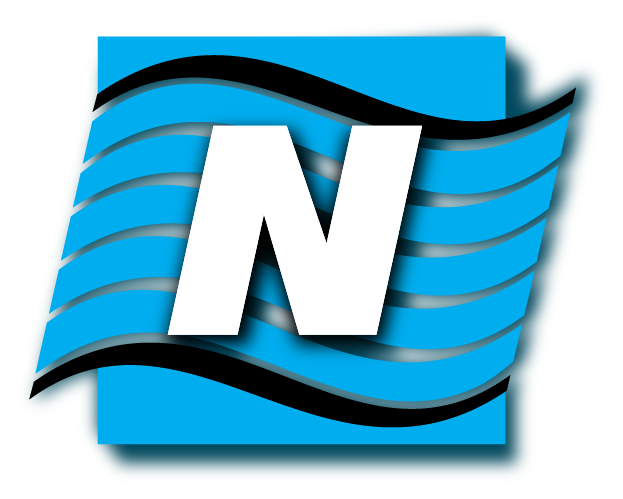
Maritime
Resource Management
Description of the course
Target group
Maritime Resource Management is a training course developed especially for shore manning officers and their representatives.
Approval

The course is approved by Latvian Maritime Administration and Swedish Club.
Duration of the training course
Price
What is Maritime Resource Management?
Certificate validity
Objectives of the course
Think of a ship as a big puzzle. MRM is about putting all the pieces together in the right way so that the ship stays safe and runs well – everything from ship constructions, machineries, fuel and food to people. It’s like planning a city management, but for a remote boat!
What does MRM involve?
Shipping companies taking a great care of maritime resource management due to following critical aspects:
- Enhance safety – reduce accidents risk.
- Improve efficiency – minimize costs through optimization.
- Ensure compliance – follow international maritime regulations.
The range of resources involved in MRM:
- Tangible assets: Navigational equipment, machineries, ships structures, fuel, and supplies.
- Intangible assets: Crew competences, experience, and decision-making abilities.
Entry standards
Training approaches and equipment:
Location
Course limitations:
What is Crew Maritime Resource Management ?
Crew Maritime Resource Management is a specialized subset of Maritime Resource Management (MRM) that specifically focuses on the human element within maritime operations. While MRM encompasses all resources on a ship, including equipment, machineries, fuel, and cargo, Crew Maritime Resource Management concentrates on the skills, knowledge, abilities and teamwork of the crew.
Essential components of Crew maritime resource management:
Cognitive abilities and skills: It is more about mechanism how the persons learn, solve the problem, make a decisions, create a plan, manage a time and pays attention.
Interpersonal abilities and skills: it is about interaction and communication with others. These includes communication, collaboration, negotiation, leadership, networking and flexibility.
Cognitive abilities and skills: It is more about mechanism how the persons learn, solve the problem, make a decisions, create a plan, manage a time and pays attention.
Interpersonal abilities and skills: it is about interaction and communication with others. These includes communication, collaboration, negotiation, leadership, networking and flexibility.
The objective of the Maritime Resource Management course is to introduce the main tenets of resource management and to provide a training environment where delegates can develop their non-technical skills in order to enhance the operational safety and efficiency on company vessels. Program can be tailored to specific shipping company operations.
The program meets the newest requirements of STCW Convention related to “Resource Management” and “Application of leadership and teamworking skills” (Section A-II/1; A- III/1), as well as “Use of leadership and managerial skills” (Section A-II/2; A-III/2).
Course contents
The Maritime Resource Management course is divided into three sections and covers topics in the following areas:
The program meets the newest requirements of STCW Convention related to “Resource Management” and “Application of leadership and teamworking skills” (Section A-II/1; A- III/1), as well as “Use of leadership and managerial skills” (Section A-II/2; A-III/2).
Course contents
The Maritime Resource Management course is divided into three sections and covers topics in the following areas:
- Introduction;
- Attitude and management skills;
- Communication and Briefing;
- Authority and assertiveness;
- Challenge and response;
- Workload, State of the ship;
- Crisis and crowd management;
- Leadership in emergencies;
- Cultural awareness;
- Automation awareness;
- Human involvement in error;
- Short term strategy;
- Judgment and decision making;
- Management styles;
- Final exercise.
During training course theoretical lessons are given using PowerPoint presentations, practical tasks are conducted on the latest version of Engine Room Simulator developed by Transas – NT-PRO 5000; ERS 5000. During the training course a lot of different case-studies are used for practical exercises as well.
The maximum number of participants – 10 persons:
The minimum number of participants – 4 persons:
- 5 Navigational Officers
- 4 Engineer Officers
- 1 Office Representative
The minimum number of participants – 4 persons:
- 2 Navigational Officers
- 2 Engineer Officers
Trainees wishing to enter this course should have a minimum certificate of competence as officer in charge of a navigational watch or officer in charge of an engineering watch.
The duration of the Maritime Resource Management training course is 4 working days.
Riga, Latvia
The price is 1100 EUR.
Certificate validity is unlimited.
Key components of Maritime Resource Management are:
- Planning: Making detailed plans for different operations;
- Organization: Allocating tasks among crew members;
- Control: Monitoring systems and operations of the vessel;
- Evaluation: Checking performance against set standards;
- Communication: Enhancing clear communication between crew members;
- Teamwork: Promoting a collaborative working environment.
Why is Maritime Resource Management (MRM) important?
In today’s shipping industry where competition is at its peak, there are several justifications on why every shipping company should adopt MRM as their safety culture driver:
- Safety – prevention of accidents which may lead to environmental damage or loss of lives at sea;
- Efficiency – streamlining activities thereby cutting down unnecessary costs involved in running vessels;
- Compliance – ensuring that all ships follow international laws designed to promote their safe operation while protecting lives at sea as well as marine ecosystem health;
- Reputation – being recognized both locally and internationally as one among those firms known for its high level of safety standards within the maritime community.
Meet the Experts Behind This Course
You might also be interested in following courses:
Check the course days on our calendar
Course in pictures:
Contact us

